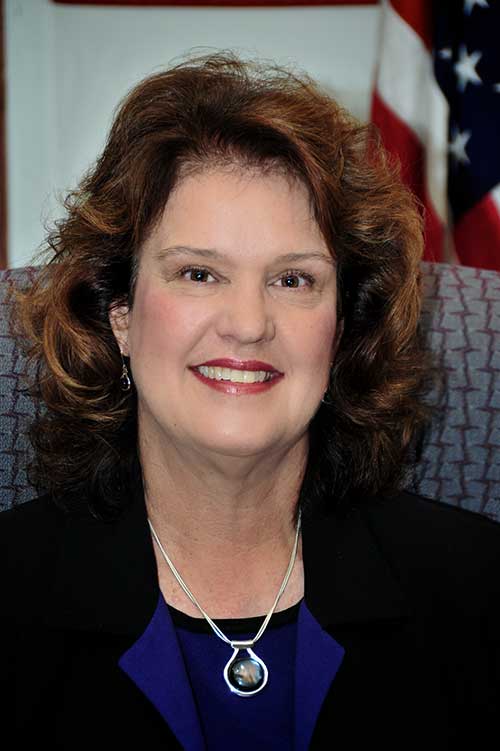If you do, you are lucky, because many people struggle with this decision because the trusted friend has predeceased or there is family discord as a result of a second marriage or other disagreement. Even if you trust a family member or friend, sometimes you have concerns about their competence or impartiality.
If you want to name a competent fiduciary (also known as a Personal Representative, Executor or Trustee) to administer your estate or trust at your death, you have several choices if a trusted family member or friend is not an option for you.
Some people preparing their will or trust choose a bank trust department or a law firm to act. These choices will likely be more expensive than a family member; also many law firms or bank trust departments will only handle a decedent’s estate or trust if the assets are $1 Million or more.
A fourth alternative is choosing a professional fiduciary or fiduciary services’ company. Fiduciary services’ companies and professional fiduciaries handle these estate and trust matters on a regular basis. Acting as a fiduciary requires acting in good faith and making decisions that are in the best interest of the decedent and the estate’s assets.
In Colorado, fiduciaries must charge hourly fees for their work and not a percentage of the value of the estate. So professional fiduciaries or fiduciary services’ companies are necessarily less expensive than law firms or bank trust departments because they are smaller, typically have less overhead, and need to be competitive in their hourly rate.
Another benefit of a professional fiduciary or fiduciary services’ company is that because they do this kind of estate and trust work every day, it is not as likely that they will need to hire an accountant or attorney for professional advice. Typically, a trusted friend or family member will have to hire professionals for assistance.
Maybe you were not aware that you have this fourth choice. Professional fiduciaries or fiduciary services’ companies are available to you as an alternative competent Personal Representative or Trustee at a reduced expense as compared to a law firm or bank trust department.
Assuming your loved one’s funeral arrangements have been made, the will has been located, and death certificates have been ordered, the personal representative’s primary duty is to preserve the estate and search for any relevant documents and assets. Collect mail, make sure the residence and perishable property are protected, contact investment professionals, banks, accountant, attorney, insurance agent, social security and/or Veterans Affairs, pension providers, utility companies and the post office to advise and make the appropriate arrangements.
Estate or probate assets under control of the Personal Representative (PR) are assets in the decedent’s name alone or as a co-tenant with others. Assets held in joint tenancy or life insurance or other assets with a named beneficiary are not considered probate assets administered through the court although the PR may and often does facilitate the distribution of these kinds of assets to the beneficiaries.
Lodge the will with the probate court in the county where the decedent lived within 10 days of death and file the necessary probate applications to be named Personal Representative no earlier than 120 hours or 5 days after death. Generally, the duties are to act impartially toward all parties and to administer the estate with care. These responsibilities include collecting, inventorying and managing the assets; paying the bills including taxes; making the distributions to the beneficiaries; and closing the estate typically after 6 months in Colorado.
Upon being named PR, the court will issue “letters” from the court which evidence the PR’s authority to act. Within 30 days of the appointment, the PR prepares and sends a Notice of Appointment with a copy of the will to the beneficiaries, creditors and family members and files proof with the court that it was sent. It is important to set up an estate accounting system immediately as the PR will be accountable to the creditors, the beneficiaries, the court and the tax authorities. Publish a Notice to Creditors in the paper for unknown creditors to be notified of the decedent’s death and begin paying all bills. Within 3 months of death, prepare and distribute an Inventory of the estate’s assets.
As the PR begins to liquidate and distribute the estate, he/she will use the “letters” to make these transfers. The PR will make distributions to the beneficiaries as soon as it can be done safely. Finally, the PR is required to file closing statements with the court and financial accountings to the beneficiaries.
While you may have heard horror stories from other states, probate in Colorado is relatively simple, inexpensive and resolved quickly usually within six months. The PR may choose to work closely with an attorney, handle the administration with only periodic legal advice, or if a simple estate and the PR has the expertise, no needed professional legal advice. In any case, the PR is entitled to be paid for services. He or she will keep track of the tasks performed, time spent and any out-of-pocket expenses incurred.
